
Prof #LSE. Author: A Theory of Everyone. Researching & spreading the word on how to evolve a better world. https://t.co/QGqwSf7EBg
How to get URL link on X (Twitter) App


 1. The Sleepwalkers: A History of Man's Changing Vision of the Universe by Arthur Koestler
1. The Sleepwalkers: A History of Man's Changing Vision of the Universe by Arthur Koestler

 Your head is filled with entire analogies, metaphors, epistemologies, and tools that you once learned and now effortlessly use for thinking. It's how you cook, how you count, and why you think invisible germs are a good explanation for disease. But invisible spirits are not. 2/
Your head is filled with entire analogies, metaphors, epistemologies, and tools that you once learned and now effortlessly use for thinking. It's how you cook, how you count, and why you think invisible germs are a good explanation for disease. But invisible spirits are not. 2/
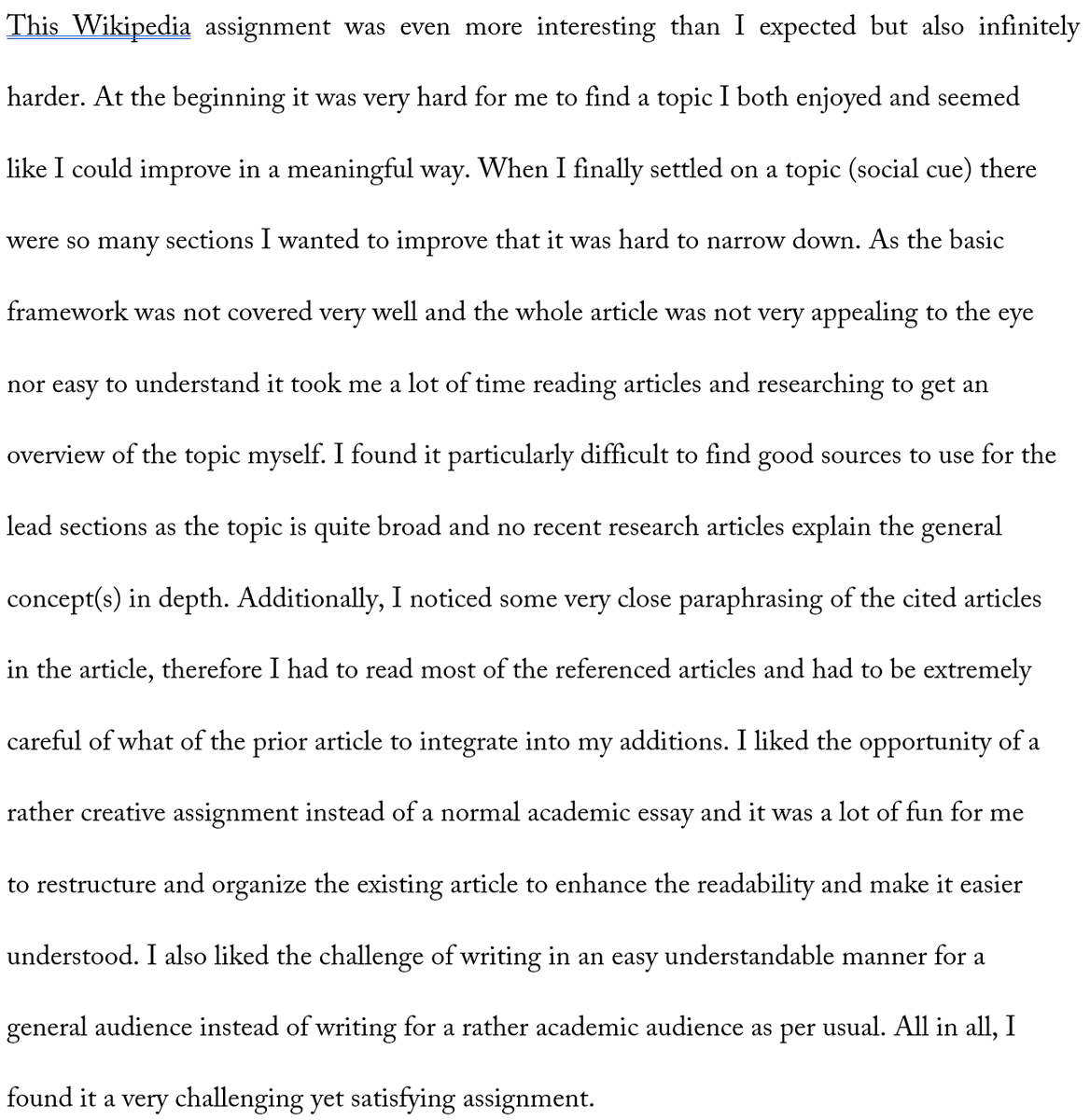


https://twitter.com/mmuthukrishna/status/1395731515540127746.@RyutaroUchiyama, @RachelASpicer & I were overwhelmed by the overwhelmingly positive response from researchers in behavioral genetics, cultural evolution & related disciplines. We received >70 comments (I'm told 107 is the record & 20 is average). 29 made it past the editors. 2/
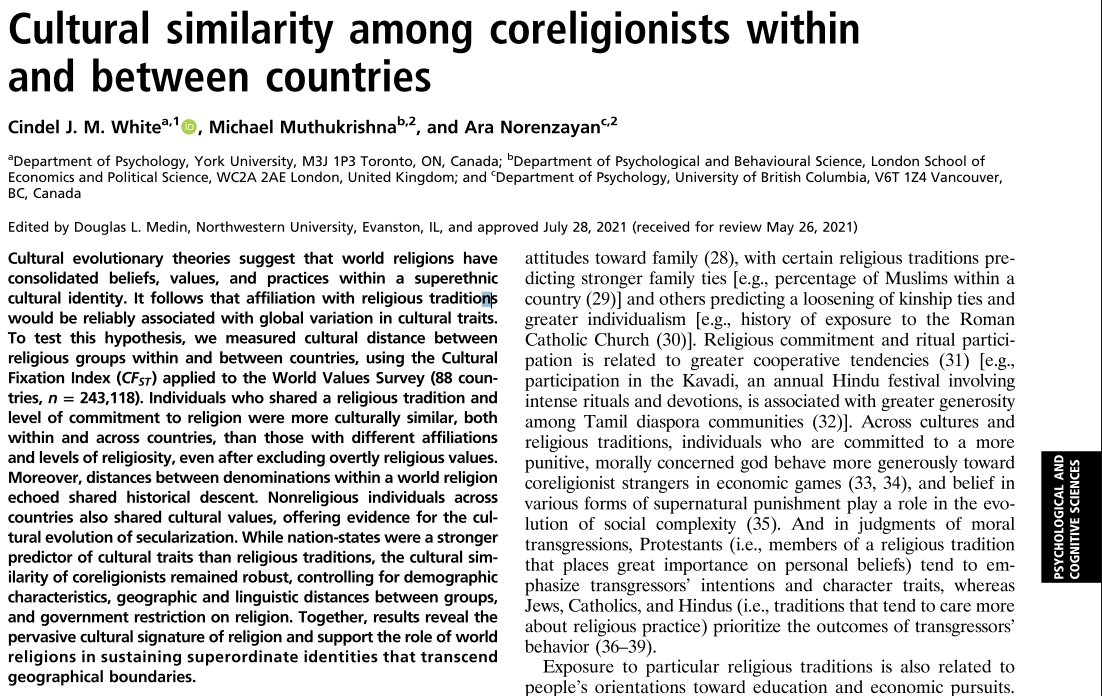
 Religions bind people into communities with moral norms about what is right, good, & true. Major world religions share similarities like big families & being nice to neighbors, because those helped them grow through cultural-group competition.
Religions bind people into communities with moral norms about what is right, good, & true. Major world religions share similarities like big families & being nice to neighbors, because those helped them grow through cultural-group competition.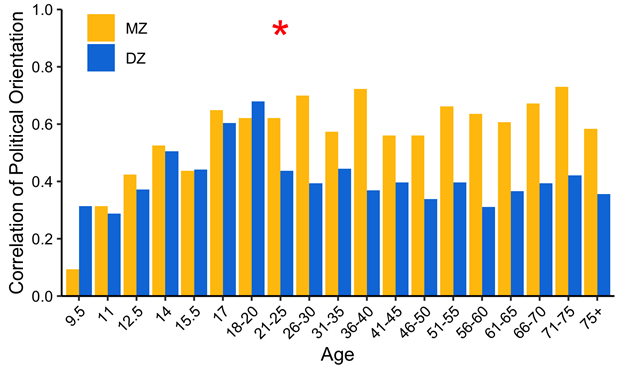
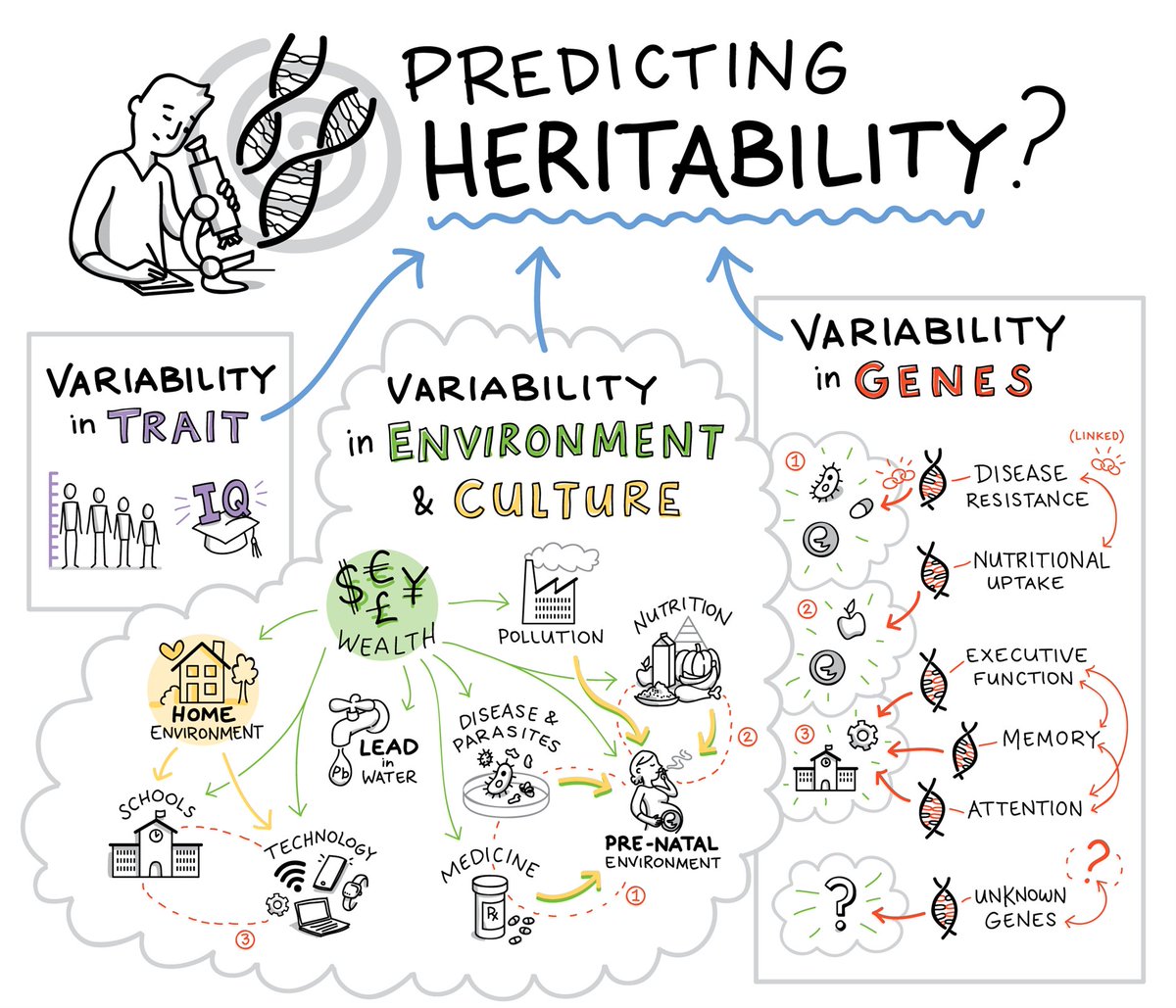
 Quick summary: We reconcile behavioral genetics and cultural evolution under a dual inheritance framework. A cultural evolutionary behavioral genetic approach cuts through the nature–nurture debate and helps resolve controversies such as IQ. 2/
Quick summary: We reconcile behavioral genetics and cultural evolution under a dual inheritance framework. A cultural evolutionary behavioral genetic approach cuts through the nature–nurture debate and helps resolve controversies such as IQ. 2/ 
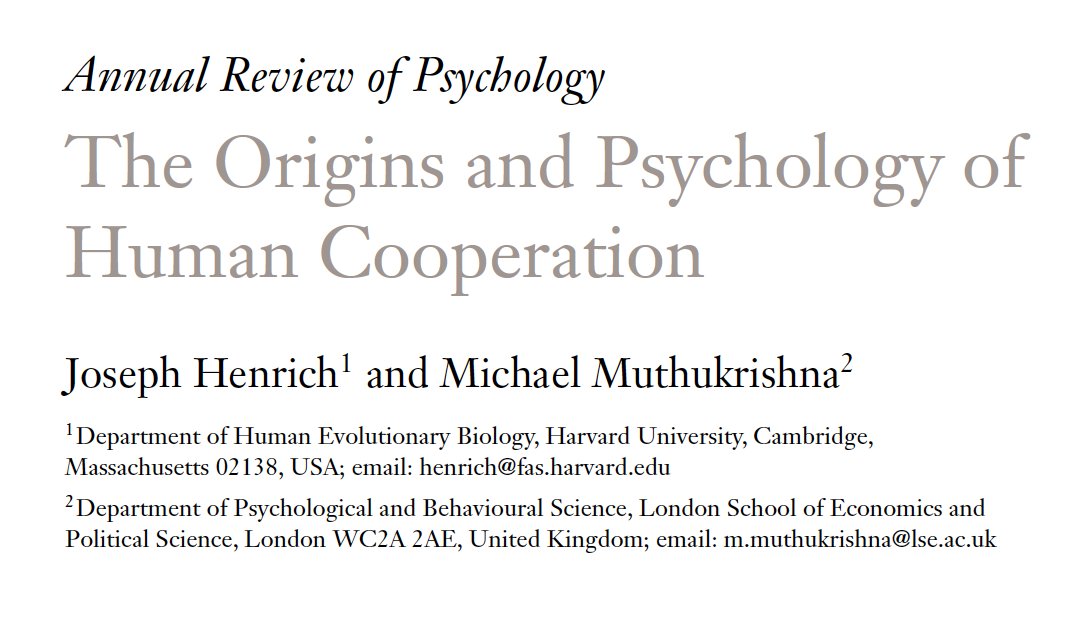
 We review interdisciplinary evolutionary psychology that takes seriously both our primate heritage and our uniquely cultural nature - a "cultural evolutionary psychology"2/. Why, how, when, and on which things do different humans work together? 2/
We review interdisciplinary evolutionary psychology that takes seriously both our primate heritage and our uniquely cultural nature - a "cultural evolutionary psychology"2/. Why, how, when, and on which things do different humans work together? 2/ 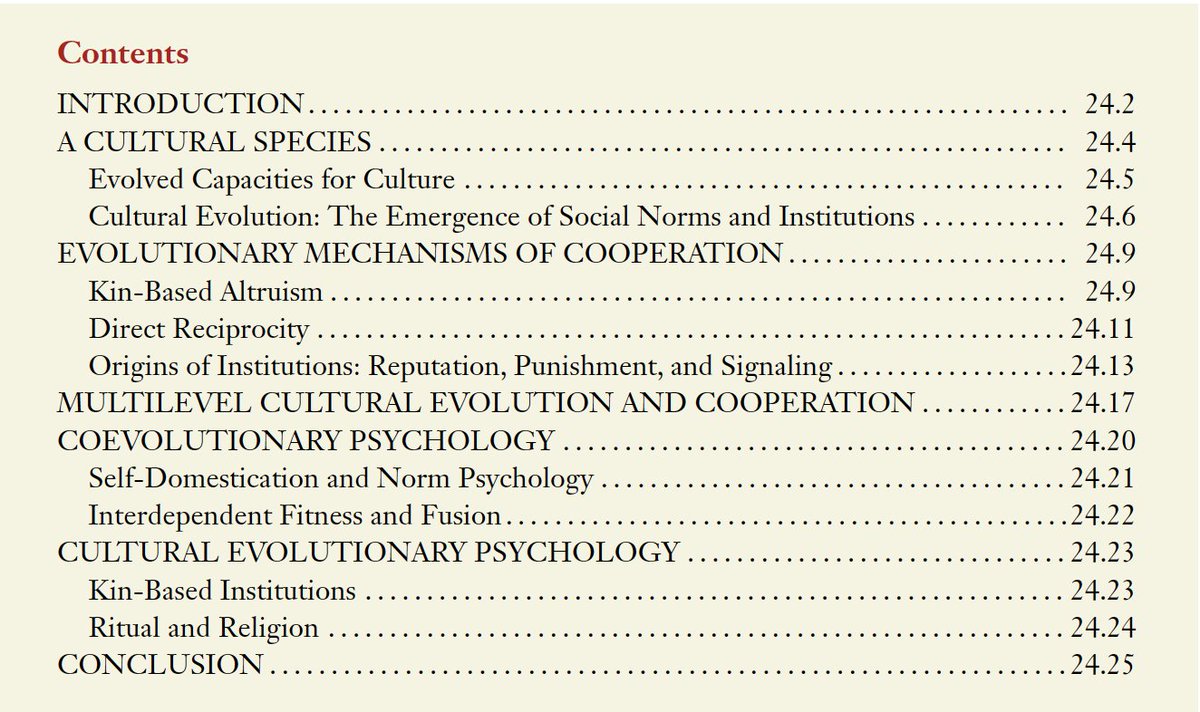
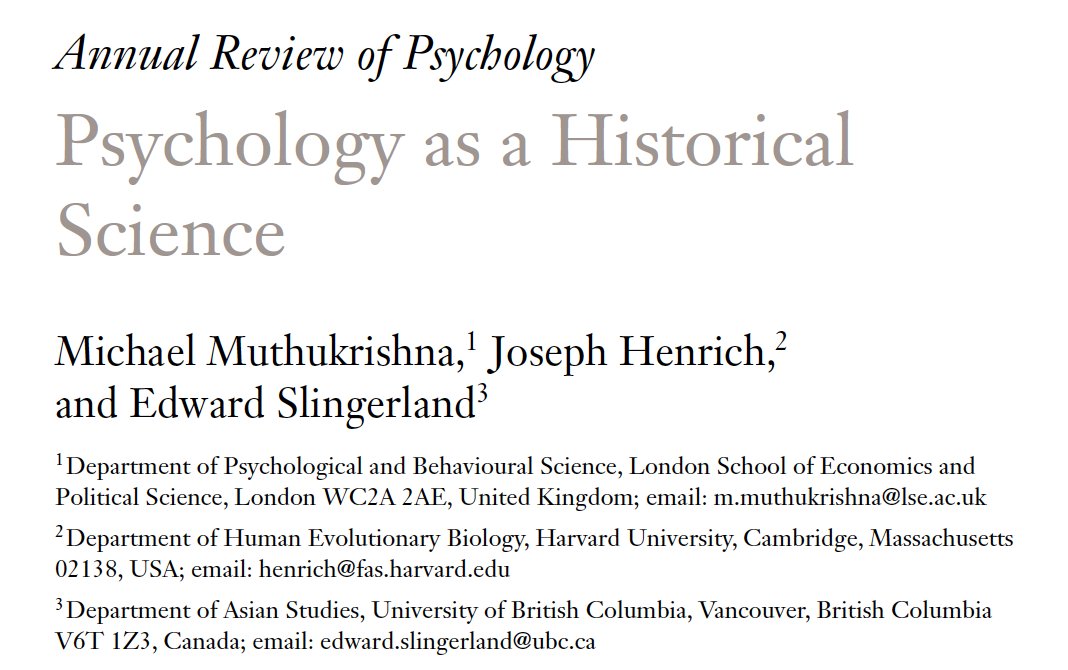
 Our psychology is shaped by our societies, and our societies are shaped by their histories. We can do better than butterfly collecting--just measuring cross-cultural diffs. For psychology to develop a full theory of human behavior, we need historical psychology. 2/
Our psychology is shaped by our societies, and our societies are shaped by their histories. We can do better than butterfly collecting--just measuring cross-cultural diffs. For psychology to develop a full theory of human behavior, we need historical psychology. 2/ 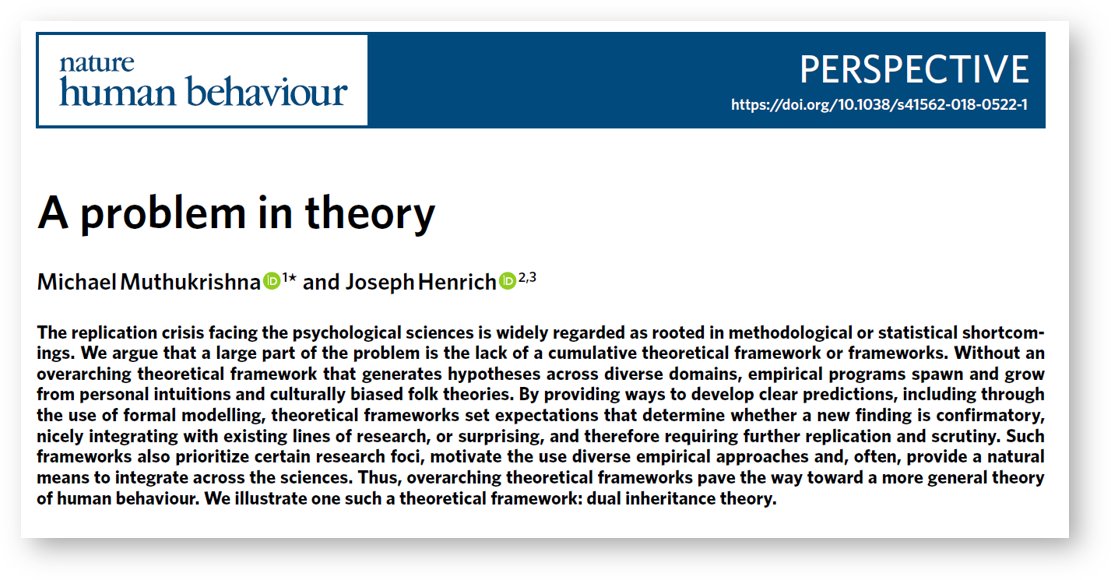
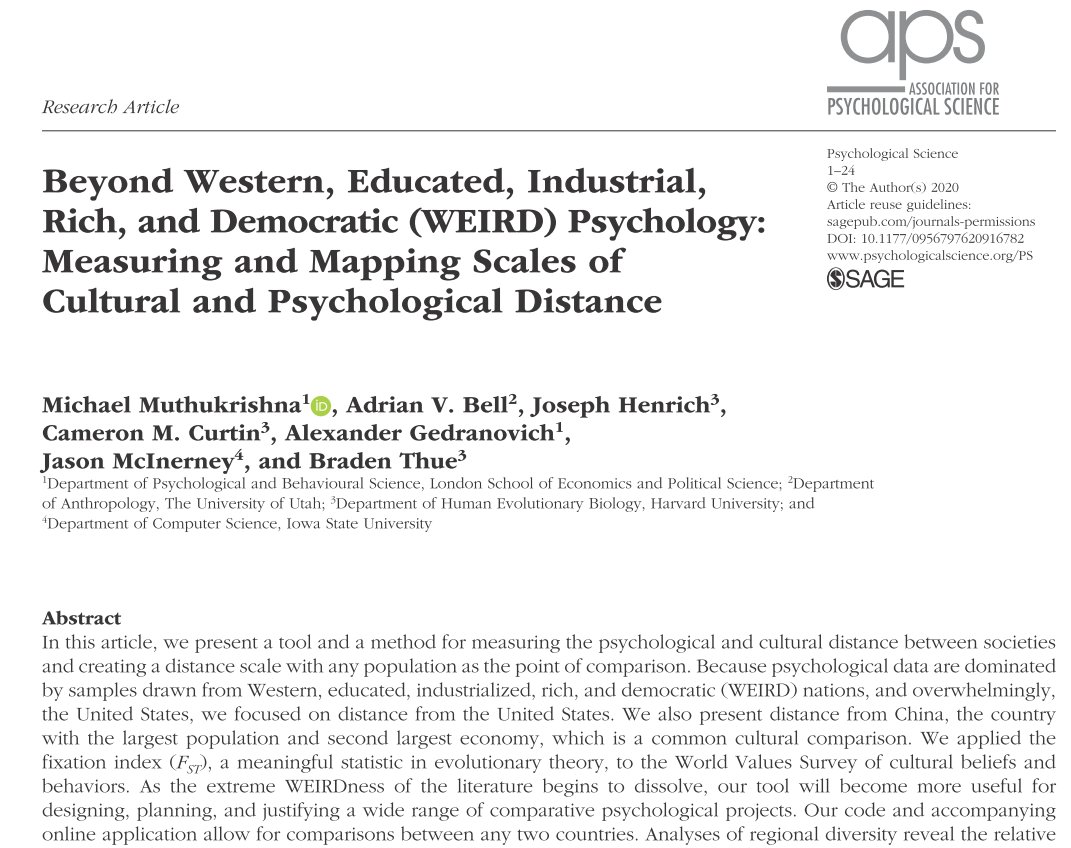
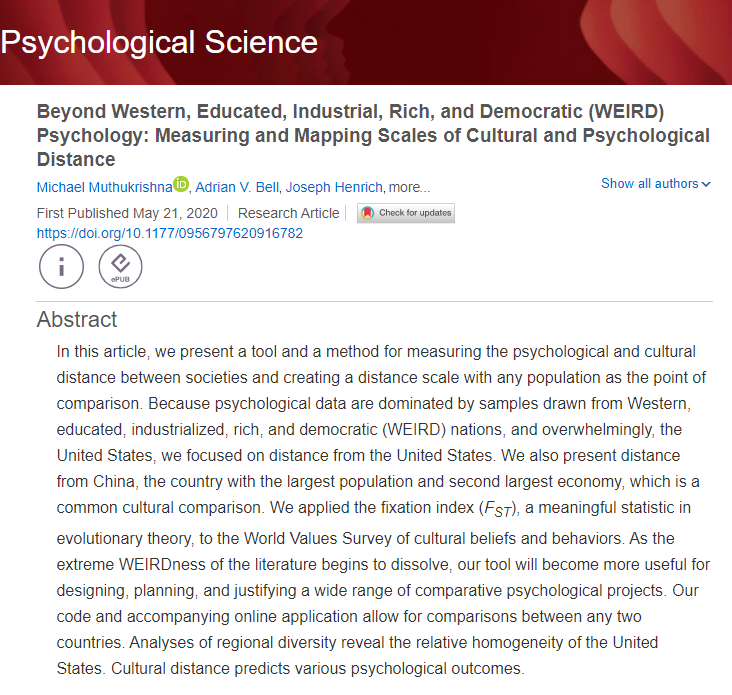
 2/ CFst is a lens for looking at differences between and within populations. It's flexible, robust, and theoretically-meaningful.
2/ CFst is a lens for looking at differences between and within populations. It's flexible, robust, and theoretically-meaningful.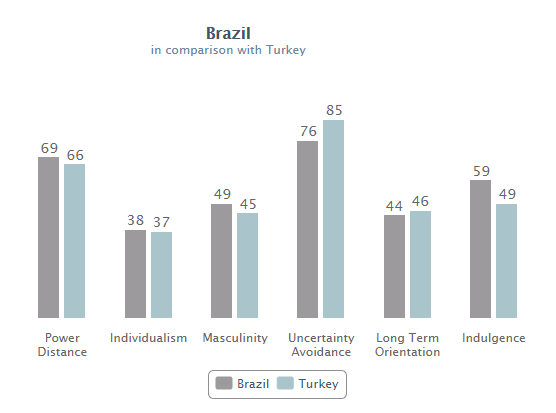
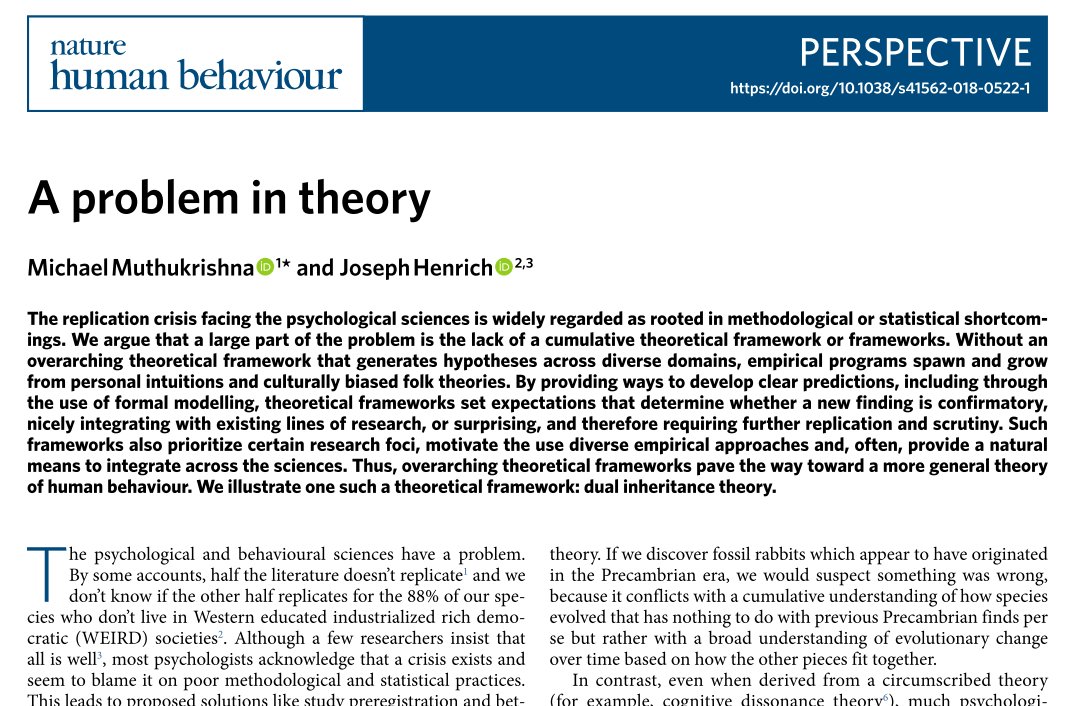
 The present methodological and statistical solutions to the replication crisis will only help ensure solid stones; they don’t help us build the house. Preregistration and multiple replications(this time with larger samples!)are great, but a solution to decades of distrusted data?
The present methodological and statistical solutions to the replication crisis will only help ensure solid stones; they don’t help us build the house. Preregistration and multiple replications(this time with larger samples!)are great, but a solution to decades of distrusted data? 